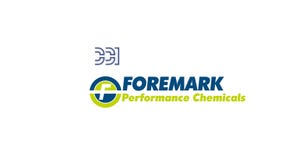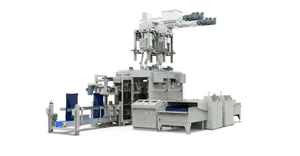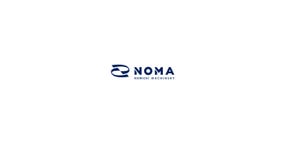August 3, 2009
Thermo Fisher Scientific Inc., a world leader in serving science, has announced its support of training and professional development efforts at the Central College of the German Confectionery Industry (ZDS) in Solingen through its donation of a Thermo Scientific HAAKE Viscotester 550 rotational viscometer.
Rheological measurements are essential in optimizing the production and properties of confectioneries. The HAAKE Viscotester 550 is used to determine the flow behavior and yield point of chocolate melts according to the guidelines of the expert commission of the Office International du Cacao, du Chocolat et de la Confiserie (OICCC), therefore influencing product characteristics such as melt and setting behavior. Thermo Fisher Scientific provided the college with a new HAAKE Viscotester 550 on which students will learn how to interpret measuring data and different parameters influencing the quality of the chocolate.
“The donation of the rotational viscosimeter enables the ZDS to present the important topic of rheology in a modern and professional setting for training and career development,” said Andreas Bertram, managing director of the ZDS. “Using the provided software, students can also graphically visualize the measuring data. This cooperation between Thermo Fisher Scientific and the ZDS is an excellent example of how synergies can be created between science, industry, and education.”
Thermo Fisher Scientific offers an extensive range of accessories for its entire line of viscosimeters and rheometers to cover the unique aspects of a wide variety of applications. For example, a bending instrument is available for the company’s rheometer line which can be used to place bars of chocolate in the rheometer and perform bending, breakage, and penetration tests. With the RheoScope module for the Thermo Scientific HAAKE MARS rheometer platform, structural examinations can be performed using optical microscopy at the same time as the rheological measurements. In this way, the melting behavior of fat samples and crystal formation can be studied. A universal holder makes it possible to take measurements in original containers, such as jars of chocolate sauce. This eliminates the time-consuming process of pouring out samples and cleaning measuring cups, and also preserves the material structures. For more information, visit www.thermo.com/rheology.
You May Also Like


